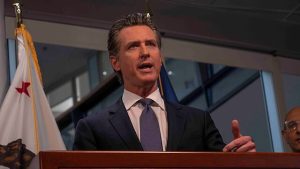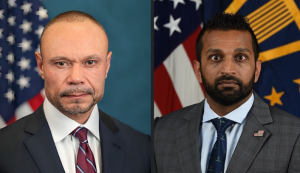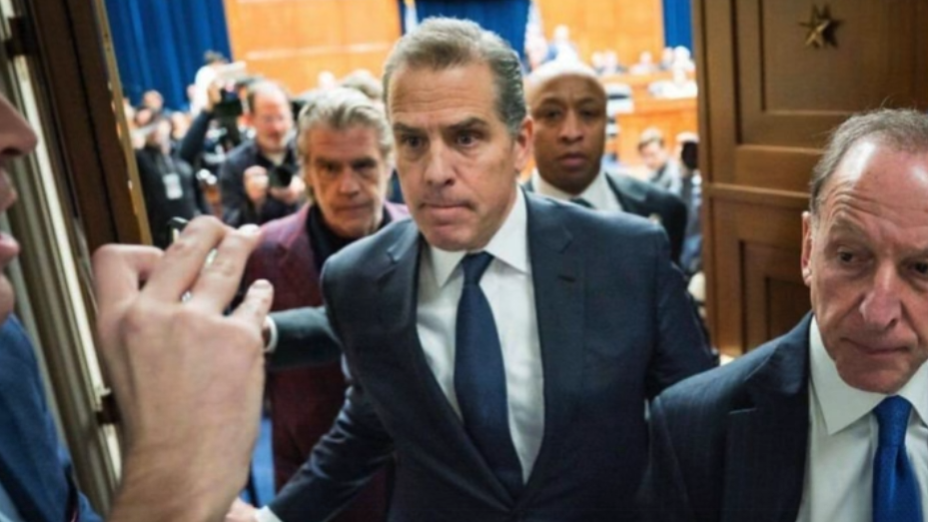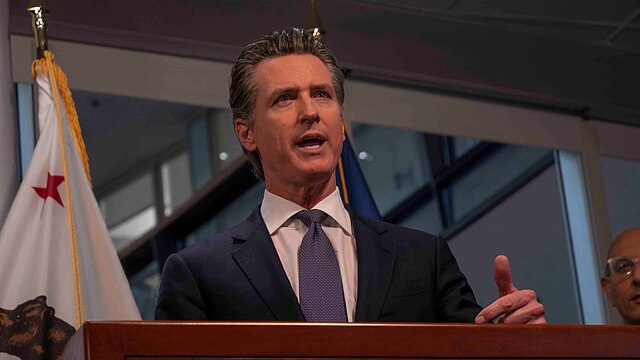In a notable legal development, the son of a high-profile American political figure has formally withdrawn a federal lawsuit filed in 2023 against a former White House aide, citing severe financial hardship and a series of personal challenges. The motion to dismiss, filed with prejudice in a California federal court on Wednesday, permanently ends a case that had drawn national attention due to its connections to a politically sensitive data breach and ongoing questions of digital privacy, accountability, and the law.
The lawsuit, originally brought by the plaintiff to contest the dissemination of personal data allegedly extracted from a laptop linked to him, accused the defendant of creating and publicizing a searchable online database containing tens of thousands of personal emails. The plaintiff alleged violations of both state and federal privacy laws, seeking damages and injunctive relief.
However, recent filings submitted by the plaintiff’s legal team to U.S. District Court Judge Otis D. Wright II painted a stark picture of the financial and personal turmoil facing the individual, ultimately compelling him to abandon the litigation.
A Drastic Shift in Financial Standing
Central to the decision to drop the lawsuit was what court documents described as a “significant and unsustainable deterioration in financial circumstances.” The plaintiff’s attorneys explained that their client, once able to earn a living through art sales and public speaking engagements, is now struggling to cover even basic expenses. According to the filing, his income has plummeted over the past year, forcing him to reevaluate all legal and personal obligations.
“In recent months, [the plaintiff] has experienced an unexpected and extreme drop in income,” the filing stated. “He currently faces substantial debt and is unable to continue funding this litigation without risking further financial destabilization.”
The court submission further emphasized that the plaintiff’s focus must shift from courtroom battles to rebuilding his personal life, stabilizing his housing situation, and attempting to regain some form of sustainable employment.
Wildfire Destruction Adds to Instability
Adding to the already mounting challenges, the plaintiff’s living situation was significantly disrupted by natural disaster. The filing detailed how wildfires that ravaged parts of the Pacific Palisades in California rendered his rented home uninhabitable for a prolonged period. The result, according to the filing, was a domino effect of instability: displacement, mounting rent debt, difficulty in securing alternate housing, and a growing sense of uncertainty.
“The damage caused by the wildfires not only resulted in the loss of shelter but also severely impacted his ability to work and generate income,” the legal team explained. “The combination of financial debt and housing insecurity has made continued litigation untenable.”
These challenges, the plaintiff’s lawyers argued, have necessitated a pivot away from legal disputes in favor of managing more immediate personal crises.
Loss of Income from Art and Public Engagements
Once known for leveraging his high-profile name and background to sell art and make public appearances, the plaintiff’s revenue sources have largely dried up, according to an attached declaration. Where he previously sold dozens of art pieces annually, he has now reportedly sold only one piece in recent months.
His reduced visibility and diminished demand for his artwork were noted as factors that exacerbated his financial condition. Public speaking engagements, another key source of income, have also declined dramatically, leaving him with few viable options for financial recovery in the short term.
“The plaintiff’s financial picture has changed drastically,” the declaration reads. “With the decline in art sales and the absence of public event opportunities, he lacks the ability to fund the legal counsel necessary to pursue this case through trial.”
The decision to voluntarily dismiss the case—with prejudice, meaning it cannot be refiled—marks a stark contrast to the vigorous legal campaign initiated in 2023. At that time, the plaintiff and his attorneys vowed to hold the defendant accountable for what they described as a flagrant invasion of privacy and illegal dissemination of personal information.
Accusations Against the Former White House Aide
The lawsuit centered around the defendant’s role in creating a controversial digital archive that made a vast trove of the plaintiff’s alleged personal communications, images, and documents available to the public. The database quickly became a flashpoint in political discourse, particularly among partisan groups who seized upon the material as purported evidence of misconduct or impropriety.
The plaintiff argued that the database’s creation and publication violated privacy laws, amounted to a digital smear campaign, and endangered his safety and well-being. He sought damages and court intervention to have the data removed from public access.
While a previous motion to dismiss the lawsuit was denied by the court, allowing the case to proceed to discovery, the plaintiff’s recent motion to dismiss voluntarily shifts the legal trajectory.
A Broader Legal Retreat
Notably, this case is not the only legal matter the plaintiff has decided to step away from. In court filings, the plaintiff also acknowledged dropping another federal case that involved unrelated claims. While details of that second lawsuit were not disclosed in depth, the pattern suggests a broader retreat from litigation across multiple fronts—a decision driven by both pragmatic and personal considerations.
“This is not a reflection on the merits of the case,” the plaintiff’s legal team emphasized. “Rather, it is a reflection of the realities facing [the plaintiff] at this time. Legal battles require resources—both financial and emotional—that are no longer available to him.”
Legal analysts point out that withdrawing with prejudice ensures the lawsuit cannot be refiled at a later date, effectively bringing this chapter of litigation to a definitive close.
Legal and Political Fallout
Although the lawsuit is now officially terminated, the surrounding controversy is unlikely to dissipate entirely. The plaintiff’s identity, political affiliations, and the nature of the digital data at the heart of the dispute have long made this case a political lightning rod. Supporters argued the lawsuit represented a valid attempt to fight back against digital privacy violations and politically motivated smear campaigns. Critics, meanwhile, questioned the legitimacy of the claims and framed the lawsuit as an effort to suppress damaging information.
With the dismissal now finalized, the legal implications for the defendant are essentially neutralized, at least in the context of this particular lawsuit. However, observers note that broader discussions about digital privacy, consent in data dissemination, and the legality of publishing sensitive personal material without authorization are far from over.
Moving Forward
For the plaintiff, attention now turns inward. The next steps will involve efforts to stabilize his financial situation, secure permanent housing, and find viable means of employment. Whether he will eventually reenter the legal arena remains unclear, but for now, the focus appears to be on rebuilding from a series of destabilizing personal events.
In a media-saturated era where legal disputes involving public figures often become spectacles, this case serves as a reminder that behind the headlines lie real human struggles—financial strain, displacement, career disruption, and personal hardship.
By choosing to step away from the courtroom, the plaintiff has signaled that some battles, no matter how justified they may seem, are simply too costly to pursue.









